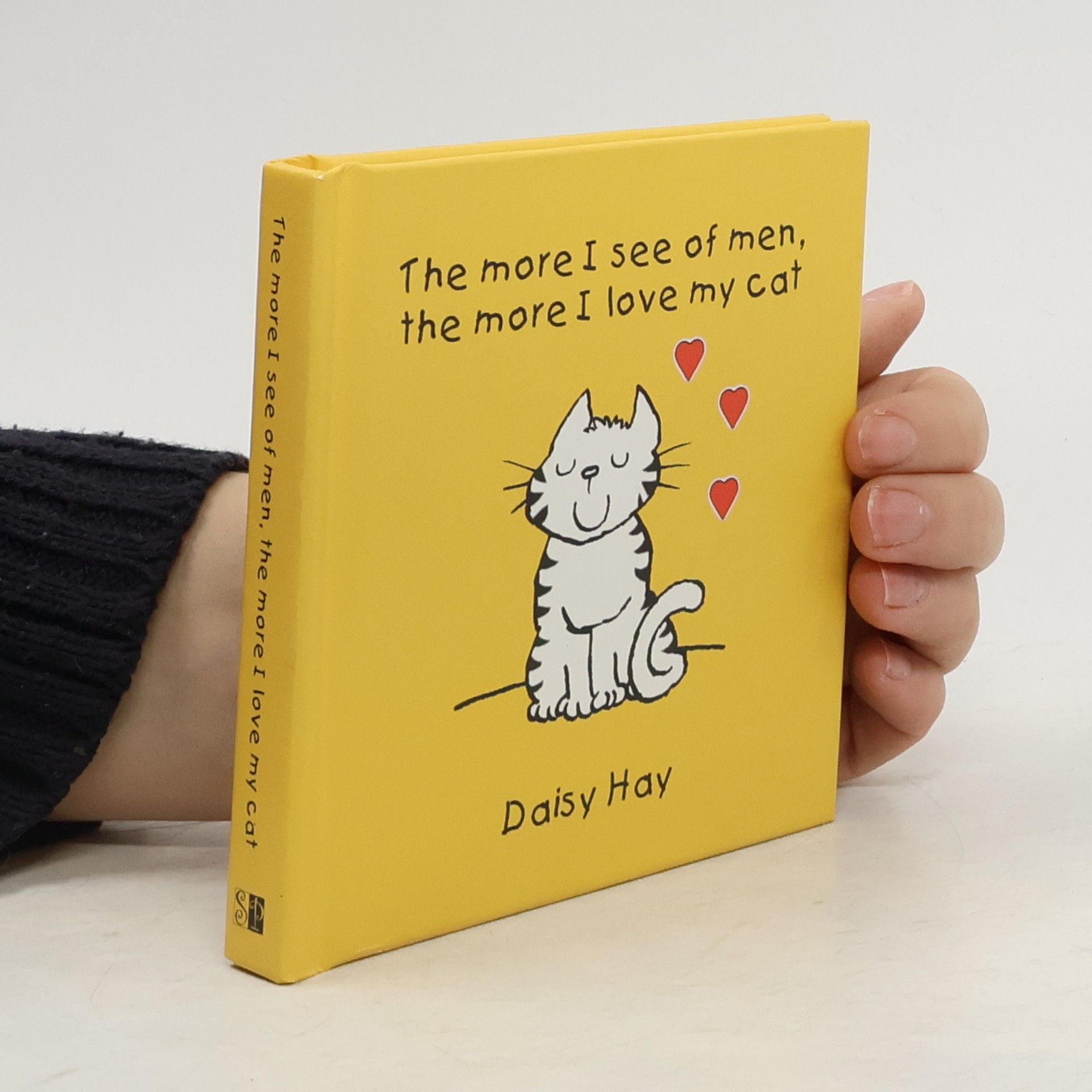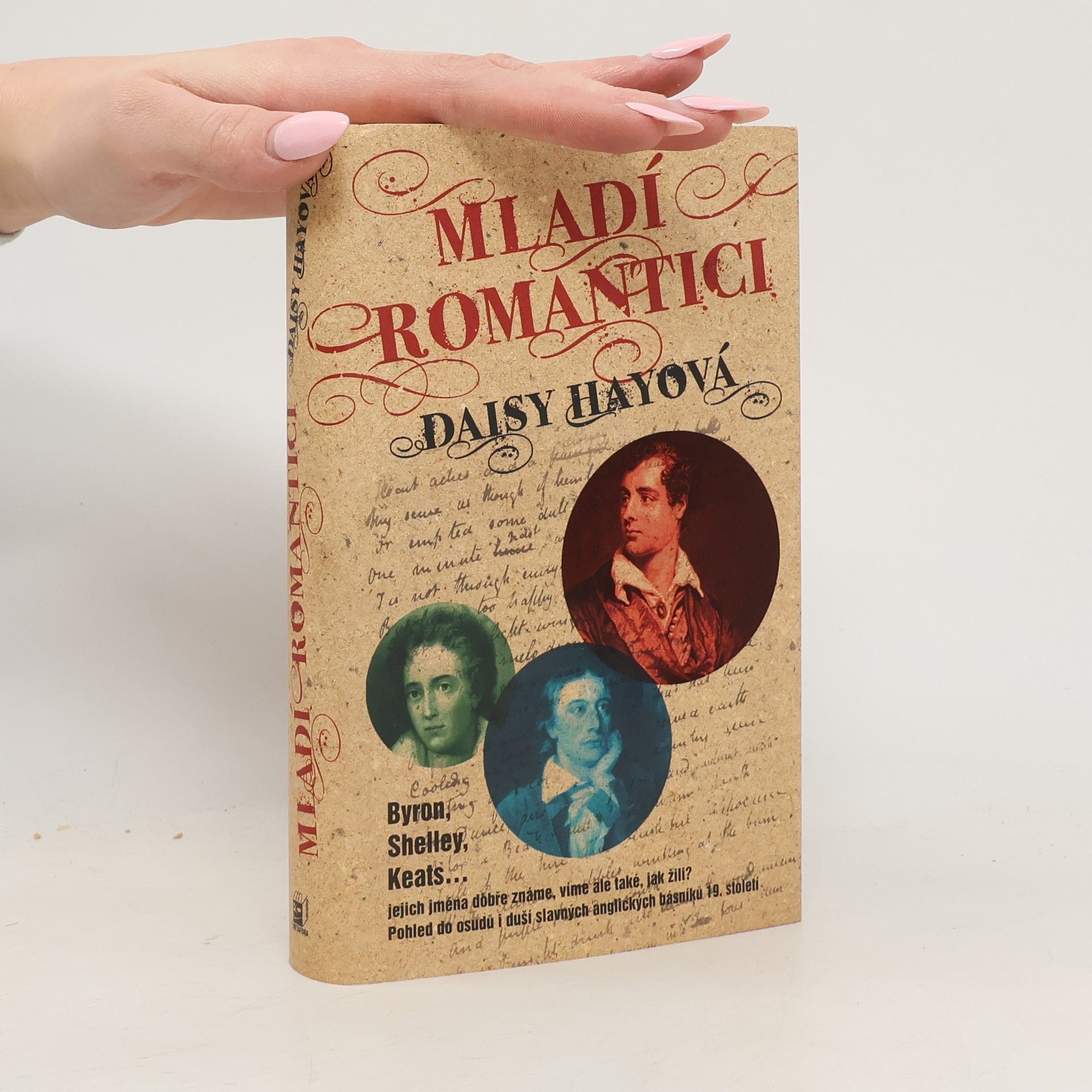O slavných básnících jsme se všichni jistě učili ve škole. Dozvěděli jsme se, kde se narodili, kde žili a co napsali lord Byron, Percy Bysshe Shelley, John Keats a další poetové 19. století, kteří vstoupili do čítanek. Víme tedy, co tvořili - víme ale také, jak žili? Pojďme tedy společně pootevřít dveře a nahlédnout do jejich svérázných osudů. Přesvědčíme se, že noviny lze psát a vydávat i ve vězeňské cele, přeměněné v květinové zátiší, do níž se novinář jako Leigh Hunt může dostat za to, co do těch novin psal… Shelley nás vezme na útěk se svou mladičkou milenkou Mary, na útěk plný romantické lásky, která se během let změnila v tragédii… Lord Byron se projeví jako problémový partner a ještě zvláštnější otec, aby se svou smrtí stal mystickým hrdinou… A právě jako v dílech oněch velikých básníků i v jejich vlastních životech se prolíná neštěstí, smrt, mnohdy i vlastní rukou, s velkolepými ideály, krásou přátelství a lásky. Ženy, milované, nenáviděné či jenom trpěné; děti, chtěné i nechtěné, živé i umírající, manželské i nemanželské; přátelé, nepřátelé a zrádci, politika, hádky, nevěry, pomluvy, incest, souboje… osudy žité až na samou dřeň a vydávající své hořkosladké plody. Angličtí romantici. Jejich slova čteme dodnes.
Daisy Hay Knihy




Dinner with Joseph Johnson
- 528 stránek
- 19 hodin čtení
*Longlisted for the Baillie Gifford Prize* In late eighteenth-century London, a group of extraordinary people gathered around a dining table once a week. The host was Joseph Johnson, publisher and bookseller and he was joined at dinner by a shifting constellation of great minds including William Blake, Samuel Taylor Coleridge, William Wordsworth, Henry Fuseli, Anna Barbauld and Mary Wollstonecraft. Johnson's years as a maker of books saw profound change in Britain and abroad. In this remarkable portrait of a revolutionary age, Daisy Hay captures a changing nation through the stories of the men and women who wrote it into being, and whose ideas still influence us today. 'Rich in period and personal detail' Guardian 'Hugely engrossing' Sunday Times
The more I see of men, the more I love my cat
- 96 stránek
- 4 hodiny čtení
Cats are better than men - fact. When was the last time you had to tell a cat not to embarrass you in public? Would a cat go out for a night on the tiles and come back smelling of anything worse than a fish supper?All the evidence is inside this book - there's nothing mad about being a catwoman!